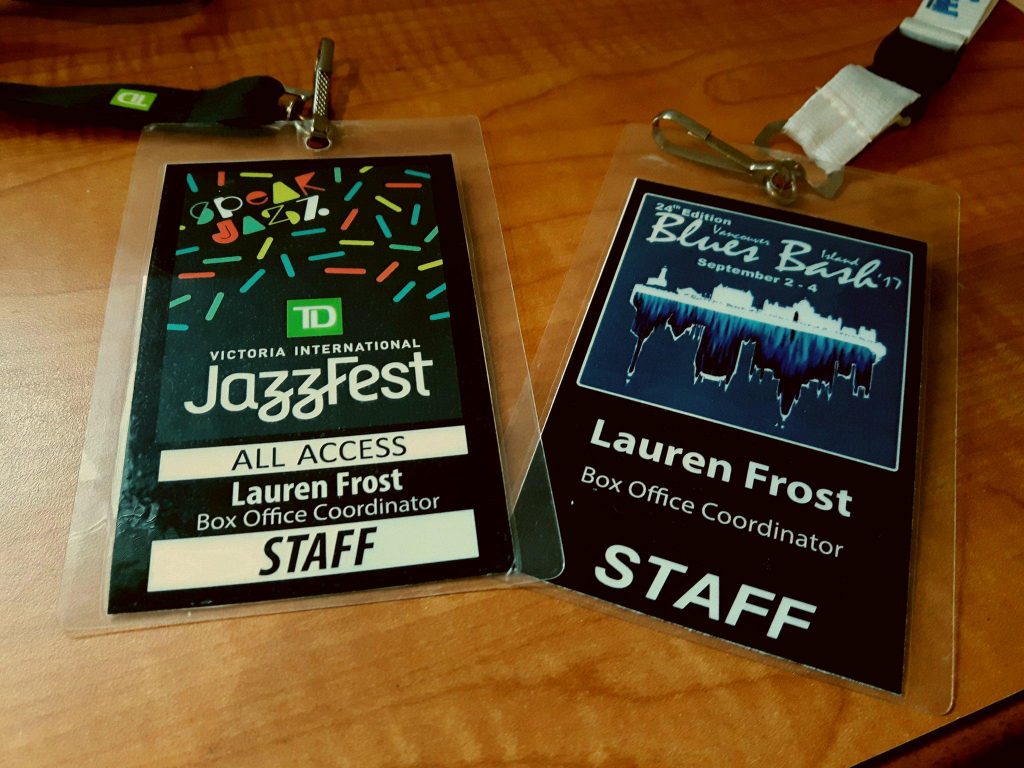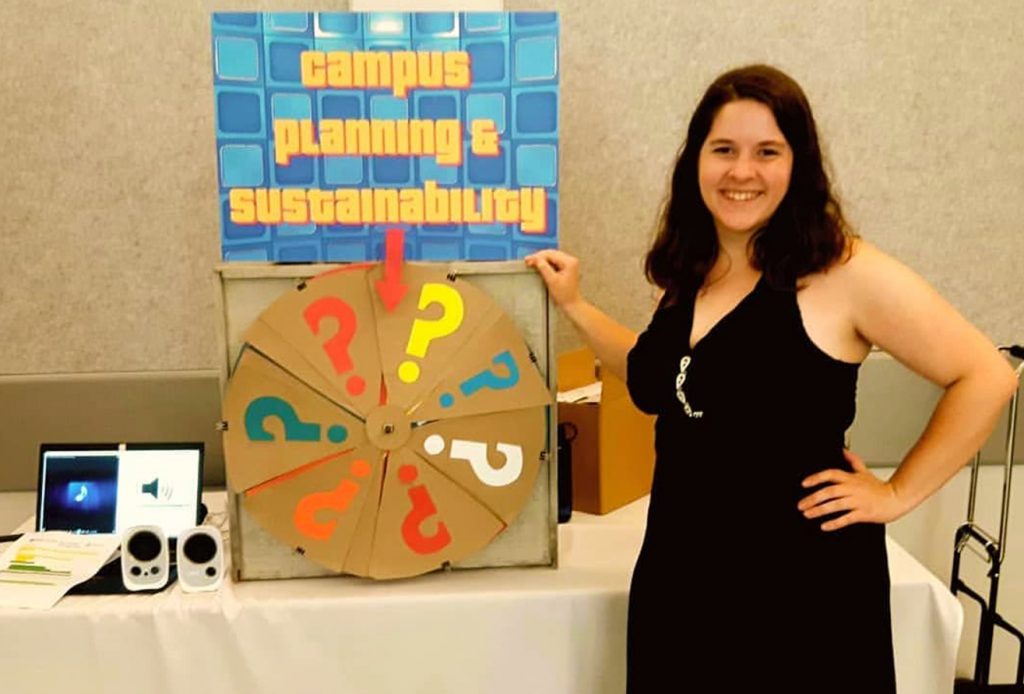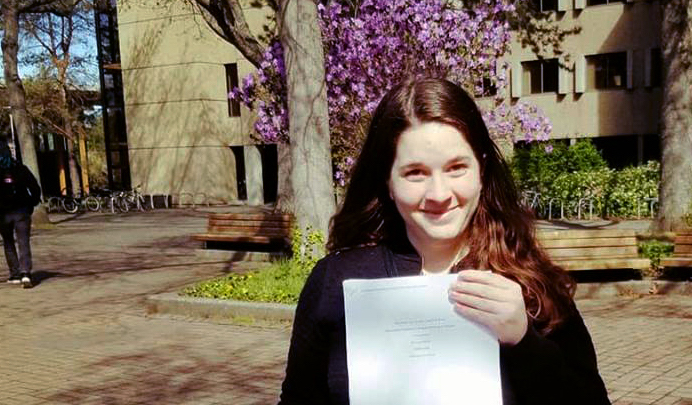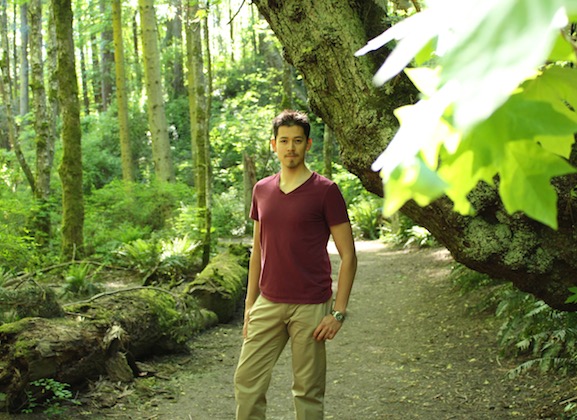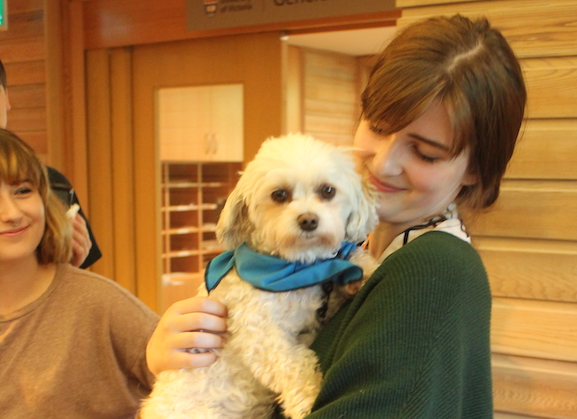A degree with no job prospects? Think again.
Guest post by Lauren Frost
When people ask me what I’m studying, I hesitate. I take a moment to gauge how the person will react. Although I am immensely passionate about my field of study, I contemplate saying something like “I’m taking physics,” because people don’t generally ask questions when they hear that.
In the end, though, I tell the truth. Maybe because I’m not a very good liar, or maybe because a part of me actually likes defending my life goals to relative strangers, but in any case, I reveal the truth. “I’m doing a double major in theatre and gender studies,” I say. And then I brace myself.
Anyone out there who is doing their degree in something that doesn’t have a clear job title associated with it will know what I’m talking about. If I’m lucky, the person will nod and say something like, “Hm. That’s interesting. What made you decide to do that?” Otherwise, peoples’ reactions have ranged from concern for my future (“What kind of job can you get with that? Do you have a back-up plan?”) to a laugh and a condescending remark about one or both of my majors (“Does anybody even watch theatre anymore?” or “Gender is pretty simple. There’s men and there’s women. What is there to study?”)
What all these remarks ultimately boil down to is one major misconception about higher education: degrees that don’t lead to a clear, linear career path are not worth pursuing.
But what is a “clear, linear career path?” Sure, people who study engineering are likely to become engineers, and people who go to med school are likely to become doctors, and so on. But that doesn’t necessarily make their career paths any more linear that someone who takes anthropology and decides to work in public relations. Look at Lindsay Robinson, who had a successful career as a professional actor before coming to UVic to do a theatre degree so that he could later apply to med school. Or at the many engineering graduates who go into non-engineering fields.
I’m not saying that it’s easy to build a career in a field relevant to my studies. Certainly, some employers will have a bias towards degrees in fine arts and/or humanities—based on their own internalization of the above misconception—which is why it’s important to take every opportunity to prove your versatile, dynamic skillset.
Taking part in co-op allowed me to do just that. Throughout my three work terms, I’ve proven to myself and my employers that the skills and knowledge I learn in the classroom are not only applicable, but vital to the workforce. Not only that, but I have done what I once thought was unthinkable; I found work relevant to my fields of study.
Facing the music: jobs in the arts do, in fact, exist
My first placement was with Victoria Jazz Society, where my job was to manage the box office, but I did work relevant to a variety of different areas including communications, graphic design, stage management, and artist hospitality during the production of the annual TD JazzFest. Gaining experience in festival management enhanced my understanding of the concepts and skillsets I had been learning in my theatre courses, which in turn enhanced my job performance as someone responsible for helping manage a festival.
From selling tickets to marketing ideas: exploring higher education
The following summer, I worked on campus for the Office of Campus Planning and Sustainability. As a gender studies student, I was no stranger to researching and writing for a variety of audiences, and this work term gave me a chance to sharpen those skills while gaining experience working within the realm of environmental advocacy in a higher education setting. I also had the chance to put into practice the skills I gained during my communications and marketing courses within the theatre program.
Combining my passions: a logical conclusion to my co-op journey
And now, here I am, on my third co-op work term, working again in higher education, this time in a position that allows me to combine all of the skills, education, and career interests I have accumulated throughout my various experiences I have had as a result of pursuing a Bachelor of Fine Arts degree with a co-op designation.
Working for the Co-op Program and Career Services office, I get to create engaging content about a program that I am passionate about. I even get to share my own experience in blog posts like this one, in hopes that I can show students who are unsure about whether or not they will be able to find relevant work experience inside or outside the co-op program that not only is their choice of degree valid, but that the work they will do throughout their career will make a vital impact in their field and in the world.
So, what’s next for me? Maybe grad school, maybe more work in higher education, maybe even launching a career as a theatre professional. All I know for certain is that in the future, when people ask me how I got to where I am in my career, I won’t hesitate to tell them what I studied, and how relevant the work I do as a result truly is to me, to my industry, and to the world.
Apply for co-op
If you want to get paid, meaningful work experience relevant to your degree, consider applying for co-op. The deadline for students in humanities, fine arts, and social sciences is September 20, and the deadline for everyone else is September 30. Learn more about co-op, and how to apply, here.

